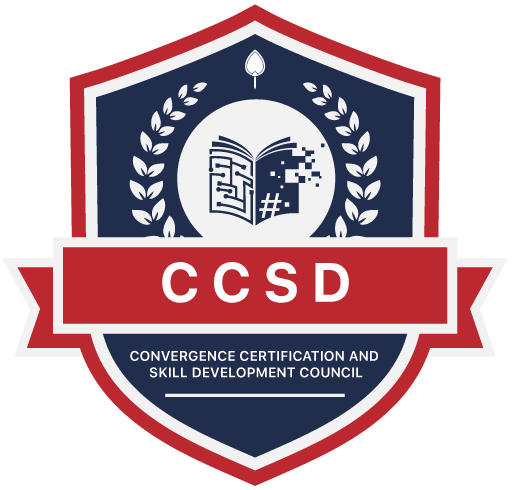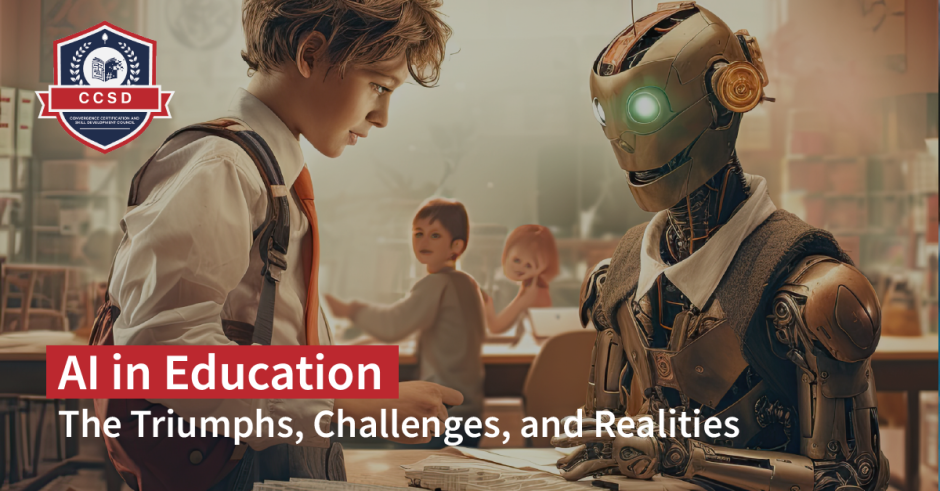The Influence of AI and LLMs in Education Today: The Good, Bad, and Ugly of AI and Its Implications on Education
Synopsis
Artificial Intelligence (AI) and Large Language Models (LLMs) are transforming education by offering innovative tools for teaching, learning, and administration. This article examines the positive, negative, and complex impacts of AI and LLMs on education. We explore their potential to enhance educational outcomes, address challenges such as bias and data privacy, and consider their broader implications for students, educators, and institutions. By understanding these dynamics, stakeholders can better harness the benefits of AI while mitigating its risks.
Citation
AI and Large Language Models (LLMs) are reshaping the educational landscape, providing new opportunities and challenges. This article delves into the positive impacts of AI on education, such as personalized learning and administrative efficiency, as well as the negative aspects, including bias and data privacy concerns. We also explore the complex implications of AI’s integration into education, offering insights into how to navigate this evolving landscape responsibly.
Executive Summary
Explore the influence of AI and Large Language Models (LLMs) on education today, including their positive, negative, and complex impacts. Learn about the benefits of personalized learning and administrative efficiency, as well as the challenges of bias and data privacy. Understand how to harness AI’s potential responsibly in the educational sector.
Introduction
Artificial Intelligence (AI) and Large Language Models (LLMs) are at the forefront of a technological revolution in education. These advanced technologies are being integrated into classrooms, administrative processes, and learning platforms, promising to enhance educational outcomes and streamline operations. However, the rapid adoption of AI and LLMs also brings significant challenges and ethical considerations. This article explores the good, bad, and ugly aspects of AI in education, providing a comprehensive overview of its implications and offering guidance on how to navigate this evolving landscape responsibly.
The Good – Positive Impacts of AI and LLMs in Education
AI and LLMs offer numerous benefits that can transform educational experiences and outcomes:
- Personalized Learning: AI-driven tools can tailor educational content to individual students’ needs, learning styles, and paces, improving engagement and retention.
- Administrative Efficiency: AI can automate routine administrative tasks, such as grading and scheduling, allowing educators to focus more on teaching and mentoring.
- Access to Resources: LLMs can generate educational materials, provide instant translations, and offer tutoring support, making high-quality education more accessible.
- Enhanced Teaching Tools: AI-powered platforms can assist teachers in creating interactive and dynamic lesson plans, incorporating multimedia and real-time feedback.
- Data-Driven Insights: AI analytics can provide insights into student performance, helping educators identify areas for improvement and tailor interventions.
The Bad – Challenges and Risks of AI and LLMs in Education
Despite their potential, AI and LLMs present significant challenges that need careful management:
- Bias and Fairness: AI systems can perpetuate existing biases present in their training data, leading to unfair treatment of students and reinforcing inequalities.
- Data Privacy: The extensive use of student data by AI systems raises concerns about data privacy and security, necessitating robust measures to protect sensitive information.
- Dependency on Technology: Overreliance on AI tools can lead to reduced critical thinking and problem-solving skills among students, as well as decreased human interaction in learning.
- Cost and Accessibility: Implementing AI and LLM technologies can be expensive, potentially widening the gap between well-funded and underfunded educational institutions.
The Ugly – Ethical and Long-Term Implications
The integration of AI in education has complex ethical and long-term implications that require careful consideration:
- Autonomy and Control: The growing influence of AI in educational decision-making raises questions about who controls these systems and how they align with educational goals and values.
- Teacher Displacement: AI-driven automation could lead to job displacement for educators and support staff, necessitating strategies for workforce adaptation and reskilling.
- Intellectual Property: The use of AI-generated content brings up issues of intellectual property rights and the originality of educational materials.
- Social and Emotional Impact: The reduction of human interaction in learning environments can affect students’ social and emotional development, highlighting the need for a balanced approach.
Navigating the AI-Driven Educational Landscape
To harness the benefits of AI while mitigating its risks, educational stakeholders must adopt thoughtful strategies:
- Ethical AI Practices: Implementing ethical guidelines for AI use in education to ensure fairness, transparency, and accountability.
- Data Protection: Establishing robust data privacy policies and practices to safeguard student information.
- Teacher Training: Providing professional development opportunities for educators to adapt to AI-enhanced teaching environments.
- Equitable Access: Ensuring that AI technologies are accessible to all students, regardless of socioeconomic status, to prevent widening educational disparities.
- Balancing Technology and Human Interaction: Striking a balance between AI tools and human interaction to maintain the social and emotional aspects of learning.
Future Prospects and Innovations
The future of AI in education holds exciting prospects and potential innovations:
- Adaptive Learning Systems: Further advancements in AI could lead to highly adaptive learning systems that continuously evolve based on student progress and feedback.
- Lifelong Learning: AI can support lifelong learning by providing personalized educational pathways and resources for learners of all ages.
- Global Collaboration: AI-powered platforms can facilitate global collaboration among educators and students, fostering cross-cultural understanding and knowledge exchange.
- Inclusive Education: AI can be leveraged to develop inclusive educational tools that accommodate diverse learning needs and disabilities.
- Sustainable Education Models: AI can help create more sustainable education models by optimizing resource allocation and reducing the environmental impact of educational institutions.
Action Accomplishment
As AI and LLMs continue to shape the educational landscape, it is crucial for educators, policymakers, and technology developers to collaborate in creating responsible and equitable AI-driven educational systems. Embrace the potential of AI while remaining vigilant about its challenges. Invest in ethical AI practices, robust data protection, and continuous teacher training to ensure that AI enhances educational outcomes for all students.
Inference
The influence of AI and LLMs in education is profound, offering both significant opportunities and substantial challenges. By understanding the good, bad, and ugly aspects of AI’s impact on education, we can navigate this transformative landscape responsibly. Embrace the potential of AI to enhance learning while addressing ethical and practical concerns to create a balanced, inclusive, and effective educational environment.
The Call
In the quest to revolutionize education, AI and LLMs are powerful allies—let’s master their potential to create a future where technology enhances human learning and empowers every student to succeed.




